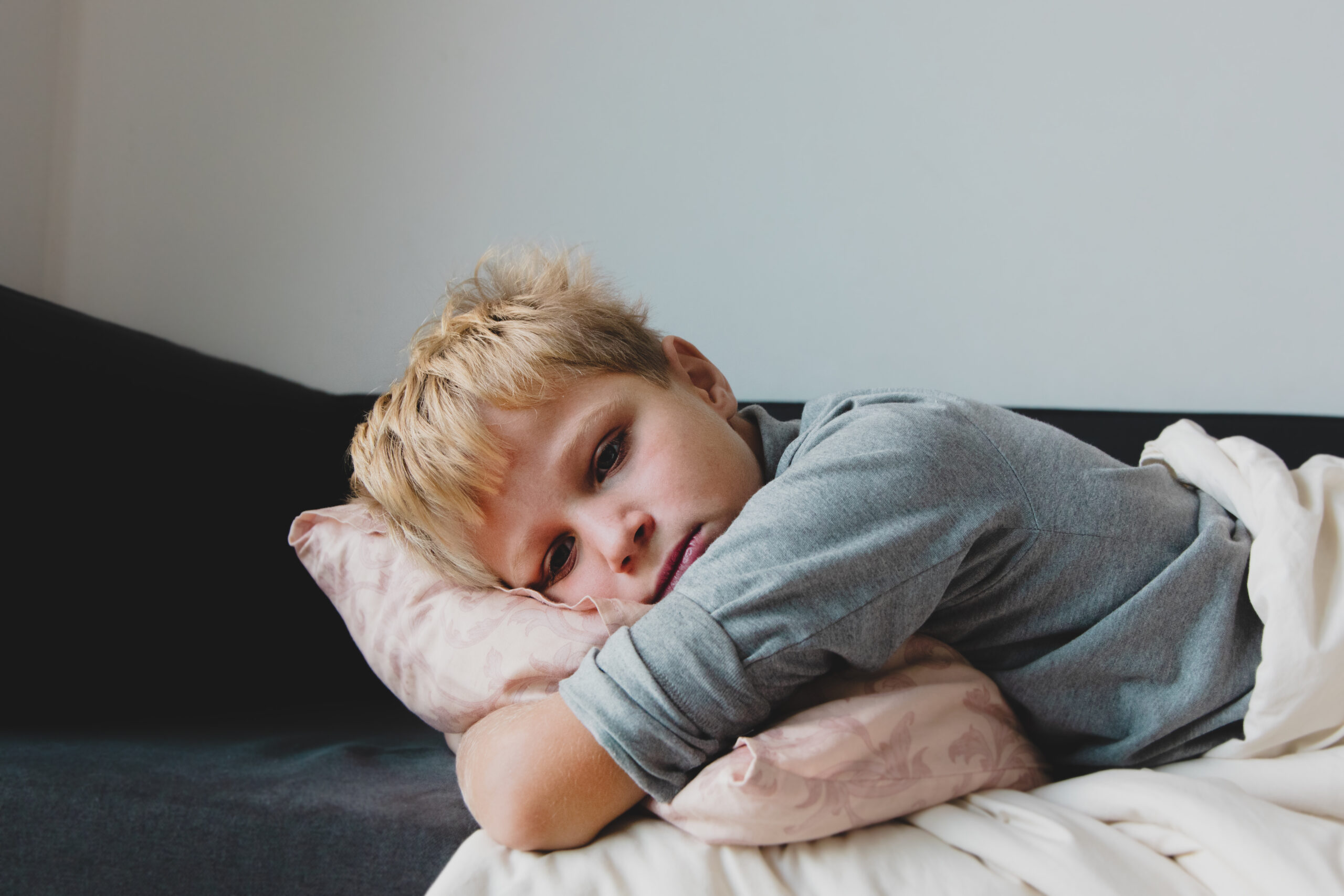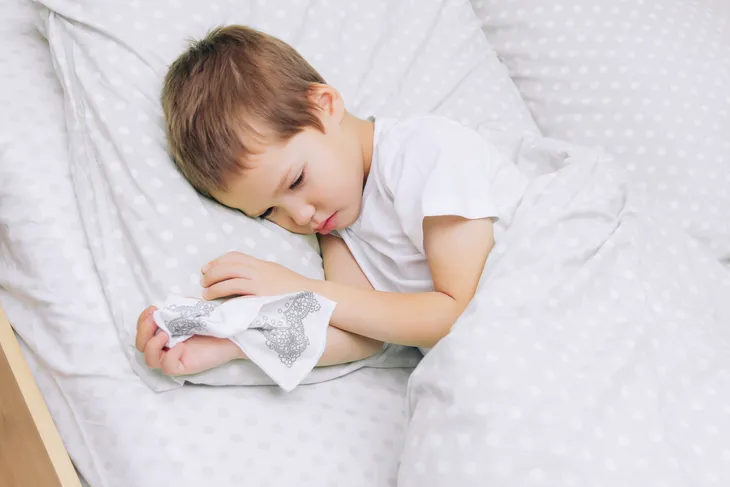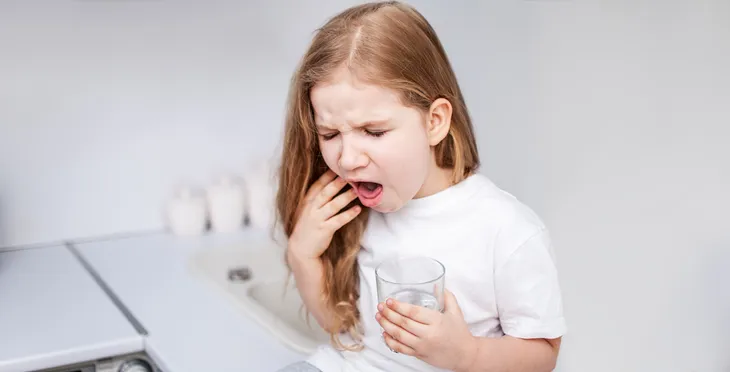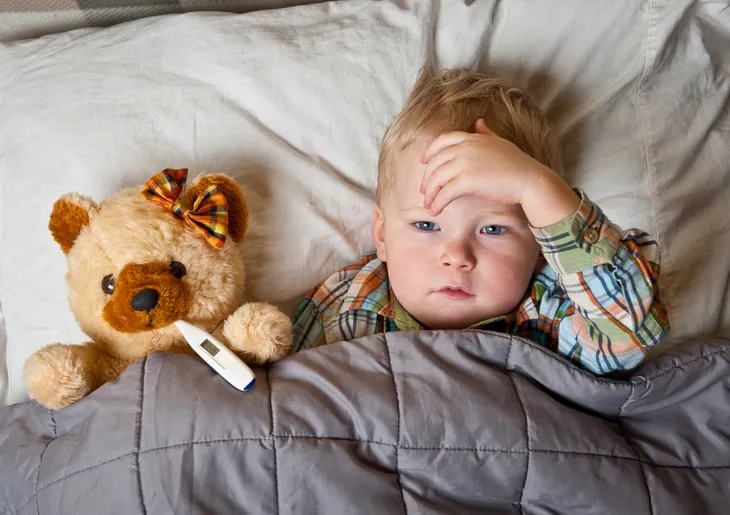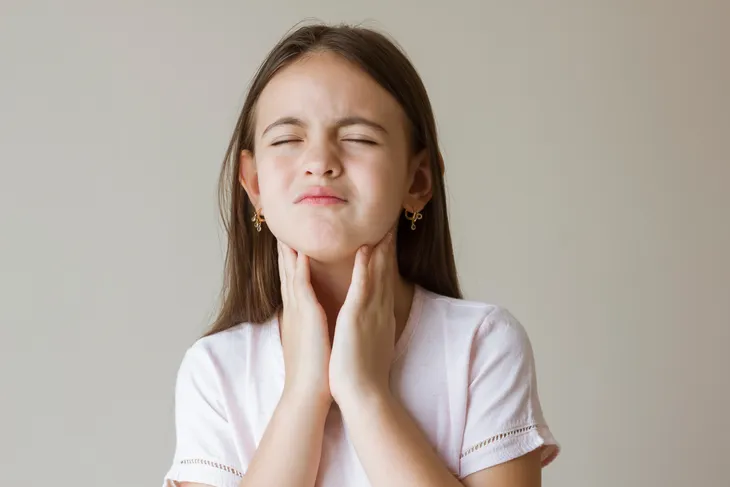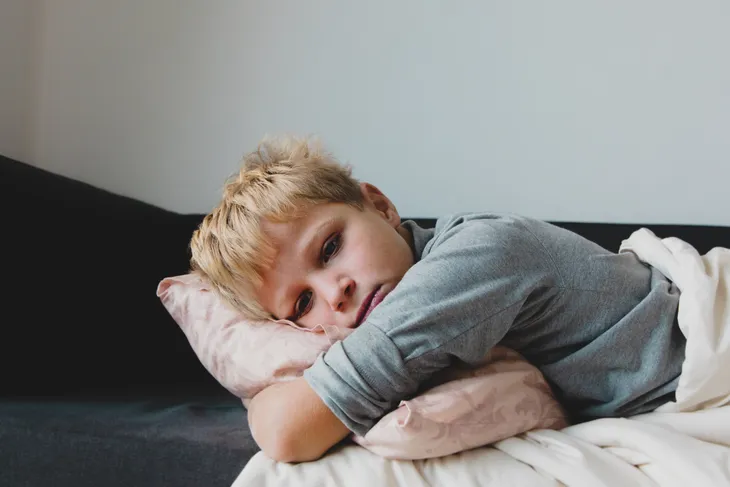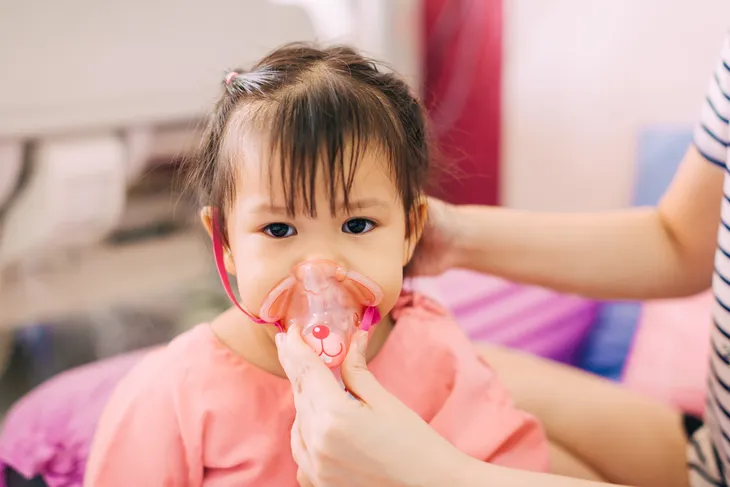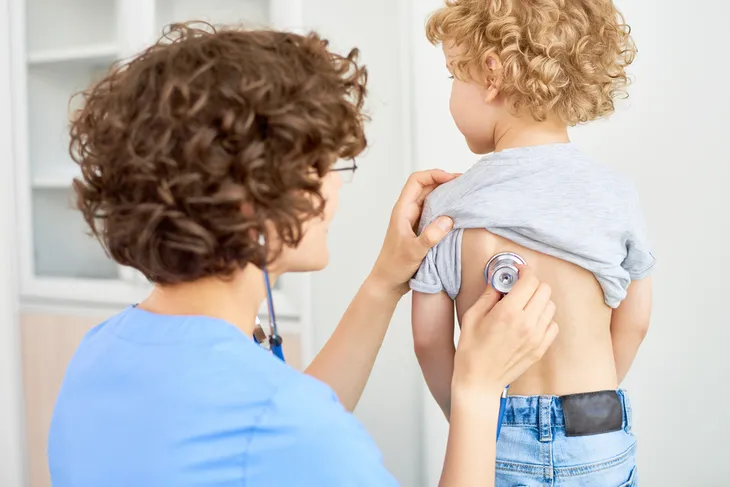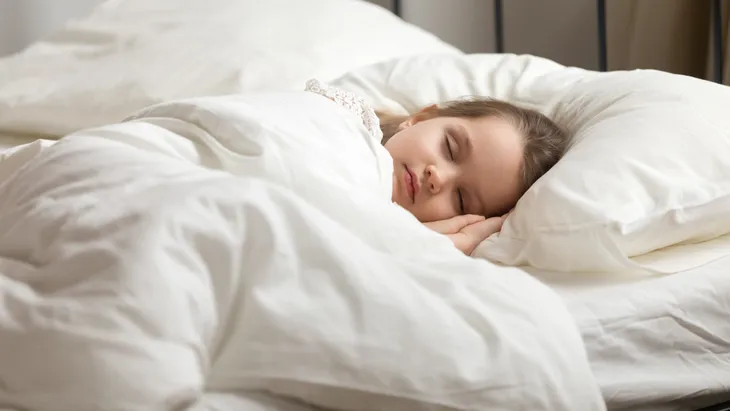While Respiratory syncytial virus (or RSV), might result in a common and annoying cold for healthy adults and older children, this highly contagious lung infection can result in a severe respiratory illness that blocks the breathing airways in young children.
This air-bourn virus can hit babies and young children extremely hard, graduating quickly from seemingly mild influenza symptoms to severe bronchitis and even pneumonia within four to six days following viral exposure.
Here are the 10 telltale signs of RSV in small children…
Nasal Congestion
A stuffy or runny nose will often be one of the first signs of RSV. This can be easily mistaken for a common cold, of which nasal congestion is a common symptom. If over the counter medication doesn’t seem to help, it may be indicative of a more serious health issue, like respiratory illness.
Dry Cough
A dry cough can develop quickly into a more severe cough and even wheezing. Sometimes the coughing can become so brutal that the child may actually gag, choke, and vomit from the intensity of chronic coughing.
Fever
A low-grade fever is common at the beginning of most common colds and influenza illnesses. However, with RSV, the fever will gradually progress into a more severe, high fever that should be brought to the attention of a doctor immediately.
Sore Throat
A sore throat is another common cold-like symptom that can be easily excused. However, you may notice that with RSV the sore throat lingers or worsens, causing your child to become irritable and restless when it comes to eating and sleeping.
Headache
Mild headaches can progress into more severe and chronic headaches in young children with RSV, due to a combination of oxygen deprivation from blocked airways and muscle/neck stiffness.
Breathing Difficulties
Again, a wheezing cough, that presents itself in a high-pitched exhale is common in young children suffering from RSV. You may also notice increased or rapid breathing (similar to an asthma attack) if a child lies down, becomes excitable, or after mild physical exertion.
Exhaustion
Fatigue or extreme lethargy is a common symptom as RSV worsens. This is due to breathing difficulties and blocked airways, resulting in difficulty sleeping, inability to concentrate, which can make a young child listless or seem detached from what’s going on around them.
Oxygen Deprivation
As RSV progresses airways and lungs will become more blocked, resulting in severe oxygen deprivation. Lack of oxygen may register in a bluish tinge on the skin, particularly on the extremities—such as the fingers and toes.
Sleep Apnea
Apnea during sleep may occur with severe RSV cases. Apnea results when the child ceases to breathe for 10 to 15 second intervals as they sleep. This RSV symptom is particularly common in premature babies who are prone to snoring.
Bronchitis
If left untreated, RSV almost always progresses a serious lower respiratory tract illness—like bronchitis and eventually, pneumonia. Bronchitis will occur if the airways to the lungs become blocked due to inflammation.
